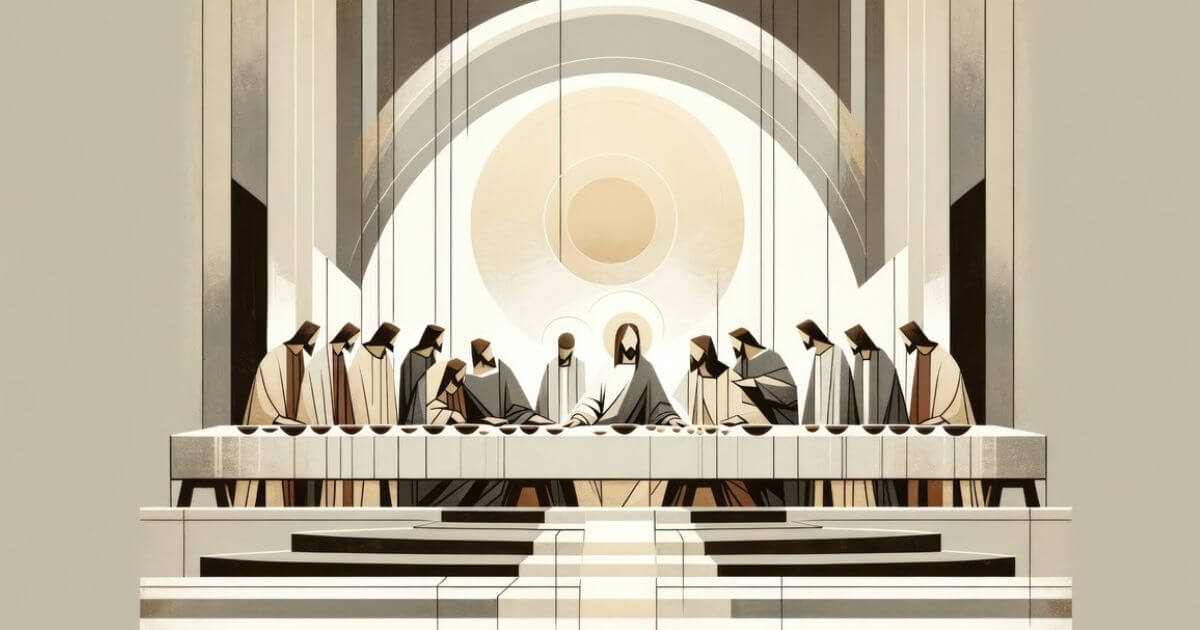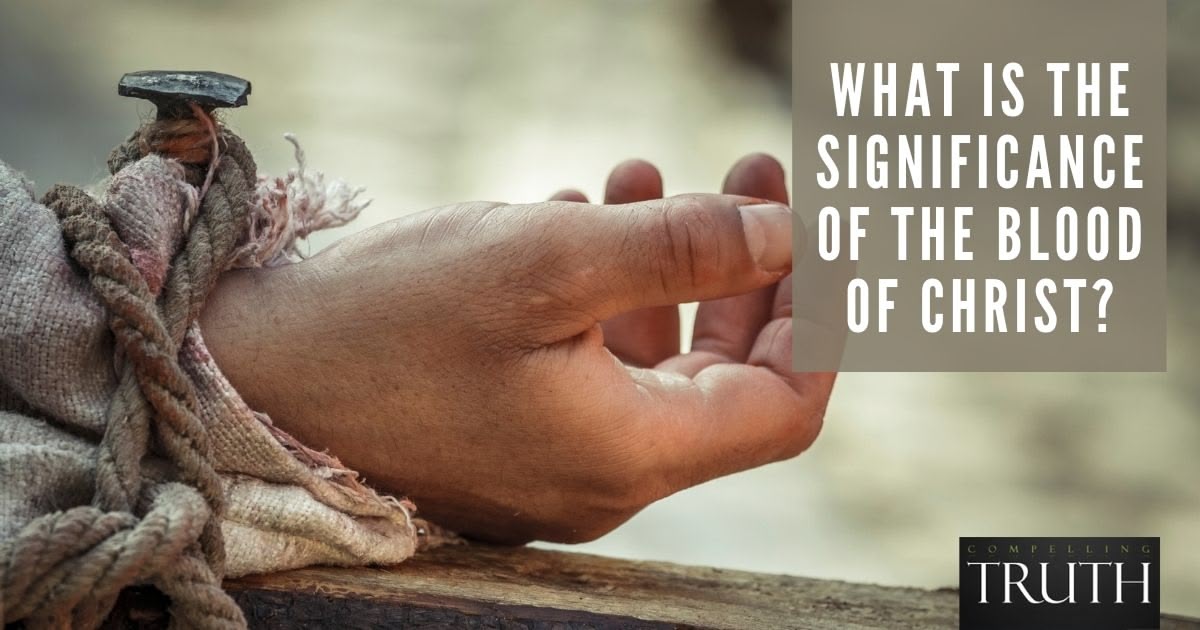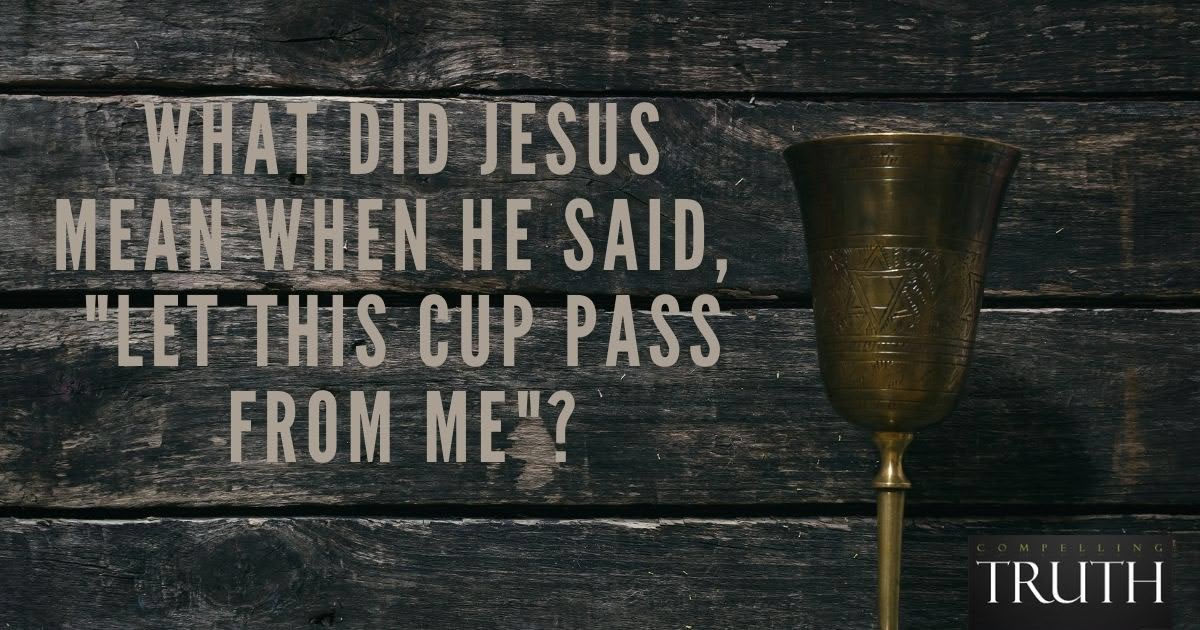The Last Supper, recorded in the New Testament, was a Passover meal where Jesus shared a significant moment with His disciples before His crucifixion (Luke 22:15). This meal took place during the Jewish tradition of Passover, where God spared the Israelites from the plague of the firstborn by the blood of the lamb (Exodus 12). Jesus transformed this tradition by instituting the Lord's Supper, symbolizing His body given for humanity's redemption (Matthew 26:26). He also introduced the new covenant, fulfilling God's promise of forgiveness and reconciliation (Jeremiah 31:31–34). Today, the church commemorates these things through Communion, affirming Christ's sacrificial love both individually and corporately and pointing us to His sure return (Luke 22:19; 1 Corinthians 11:26).
The church continues to commemorate this Last Supper and the institution of the new covenant by celebrating the Lord's Supper or Communion. Jesus told His disciples to "Do this in remembrance of me" (Luke 22:19). Paul explains, "For as often as you eat this bread and drink the cup, you proclaim the Lord's death until he comes" (1 Corinthians 11:26). Communion reminds us that Jesus' blood is what brings forgiveness for our sins. His Last Supper on the night of Passover is a physical illustration of when and how God made it possible for not only the Jewish people, but all people to be redeemed and set free.
Taking Communion is important both individually and corporately. Individually, it serves as a personal moment of reflection and renewal, allowing believers to examine their relationship with God and their commitment to follow Christ. It's a time to confess sins, seek forgiveness, and recommit to living in accordance with God's will. It causes us to remember the sacrifice Christ gave on our behalf, and it points us to Him as the Bread of Life and the Passover Lamb.
Corporately, Communion fosters unity among believers as they participate together in remembering Jesus' sacrifice. It reinforces the shared faith and identity of the church community, emphasizing the communal aspect of salvation and the body of Christ. It also unites us in awaiting for the Lord's return, anticipating the ultimate fulfillment of God's kingdom. Both individually and corporately, Communion focuses on the hope of redemption for all believers.




